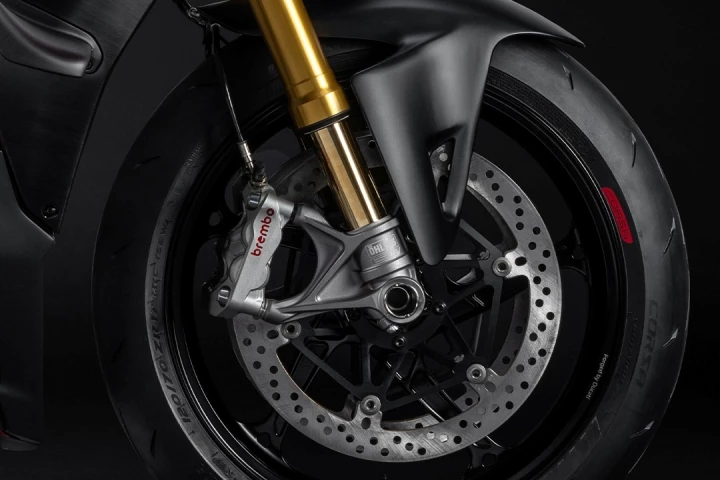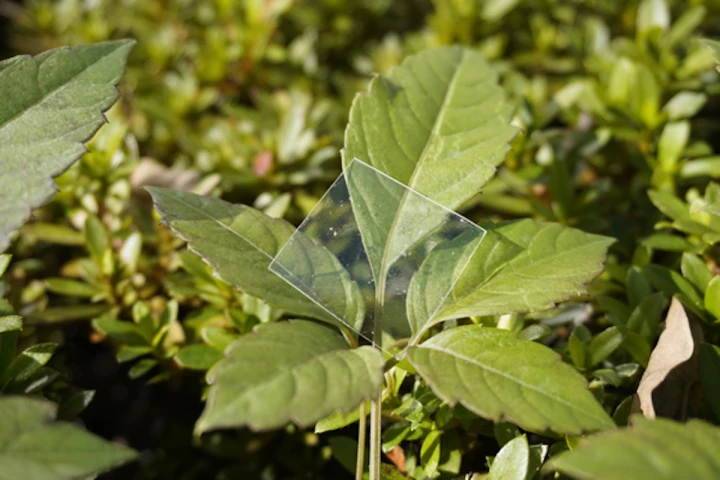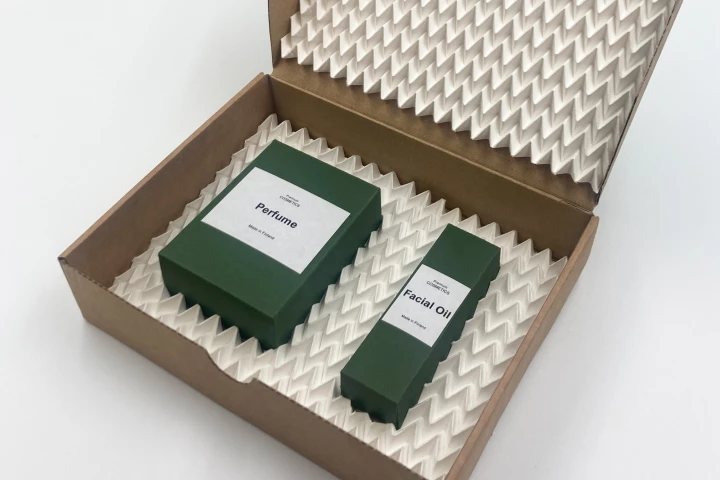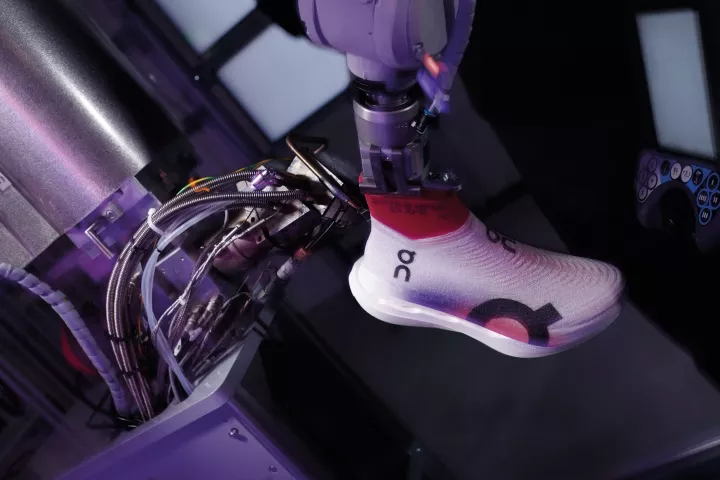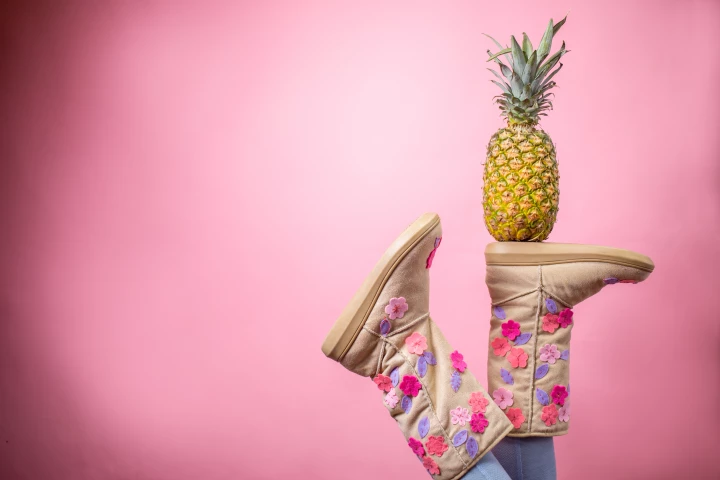Environmentally-friendly
-
Nobody likes potholes, nor do they like the environmental damage associated with the petroleum utilized in traditional asphalt bitumen. That's why scientists are now looking at replacing the latter with a binder derived from algae.
-
Inspired by children's science projects that used a lemon and copper wire to power a lightbulb, researchers explored how citric acid could enhance a gelatin-based electrolyte and create a biodegradable battery that can also stretch.
-
A roof paint that can cool your home and pull fresh water straight out of the air? It's within reach, as scientists scale up production of a new kind of paint-like coating that shields roofing from the sun's rays and harvests dew from its surface.
-
You don’t become one of the world’s top motorcycle component manufacturers for nothing. Brembo's new 100% recycled aluminum brake calliper reduces brake caliper life cycle emissions by up to 70% without sacrificing performance or design. A clear win-win.
-
Scientists at RIKEN in Japan have developed a new type of plastic that’s just as stable in everyday use as regular plastic, but dissolves quickly in saltwater, leaving behind only safe compounds.
-
Non-recyclable, non-biodegradable, petroleum-based EPS (expanded polystyrene) foam packaging is not eco-friendly stuff. There could soon be a greener and snazzier-looking alternative, however, in the form of origami-folded cardboard.
-
Motorcycle-related waste is a serious problem. And apparently, there’s more waste from motorcycle gear than from the actual machine itself – particularly helmets. Dainese has thus started a ground-breaking helmet recycling strategy.
-
Love racing but not a fan of the sport's carbon footprint? Idemitsu is hoping to bring that down a notch with its new Plantech Racing engine oil, which uses plant-based raw materials for more than 80% of its base oil.
-
Travelers could be making all-electric airline flights as soon as 2028. That's when Heart Aerospace's well-funded hybrid-drive ES-30 is planned to enter service, with a battery range of 200 km (124 miles) – or much farther in extended-range mode.
-
People may joke about tight jeans being "spray-on pants," but On's new Cloudboom Strike LS is a spray-on running shoe. Its LightSpray production process is much faster than traditional methods, resulting in an ultra-lightweight finished product.
-
iYacht has been commissioned to help German TV and movie actor Daniel Roesner realize his vision for a "sustainable catamaran designed with circularity in mind." The 55-ft multihull will be built using scrap metal, reclaimed wood and recycled cork.
-
Your boots may soon have a tropical touch, with a breakthrough in using pineapple leaves to make a strong, 100% natural, sustainable leather. It comprehensively outperformed mushroom leather, and has serious potential for scalable, commercial use.
Load More



